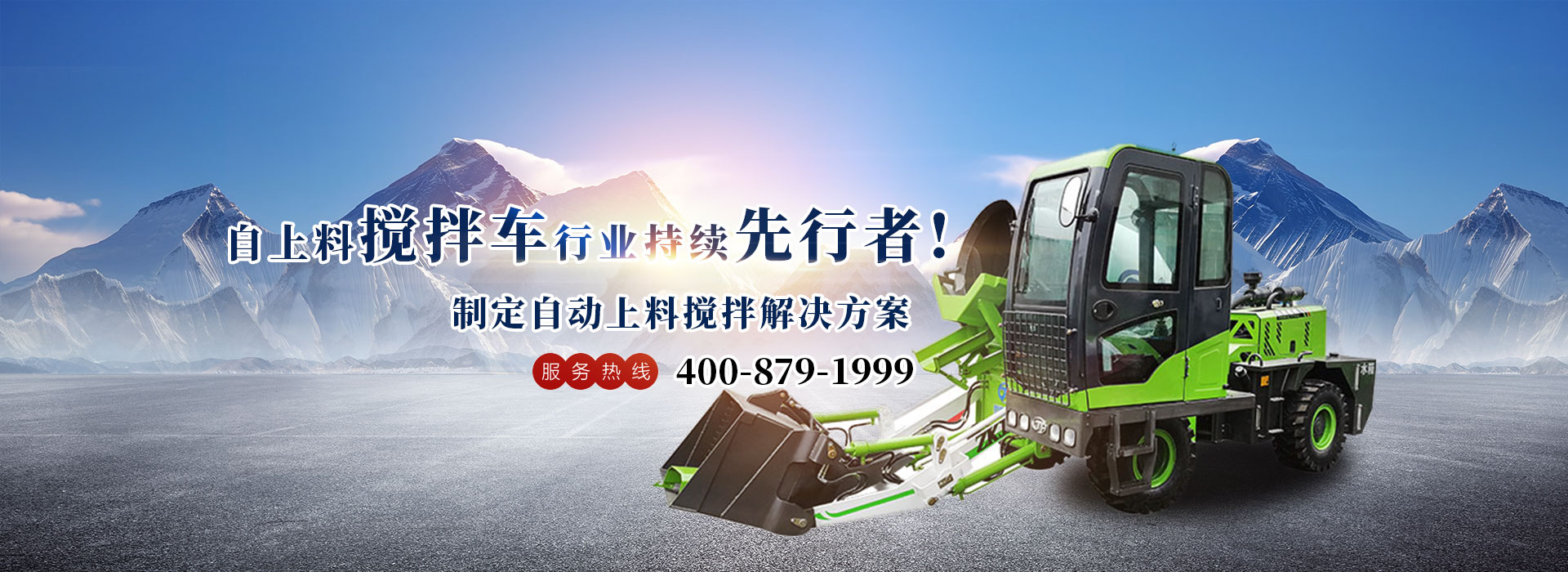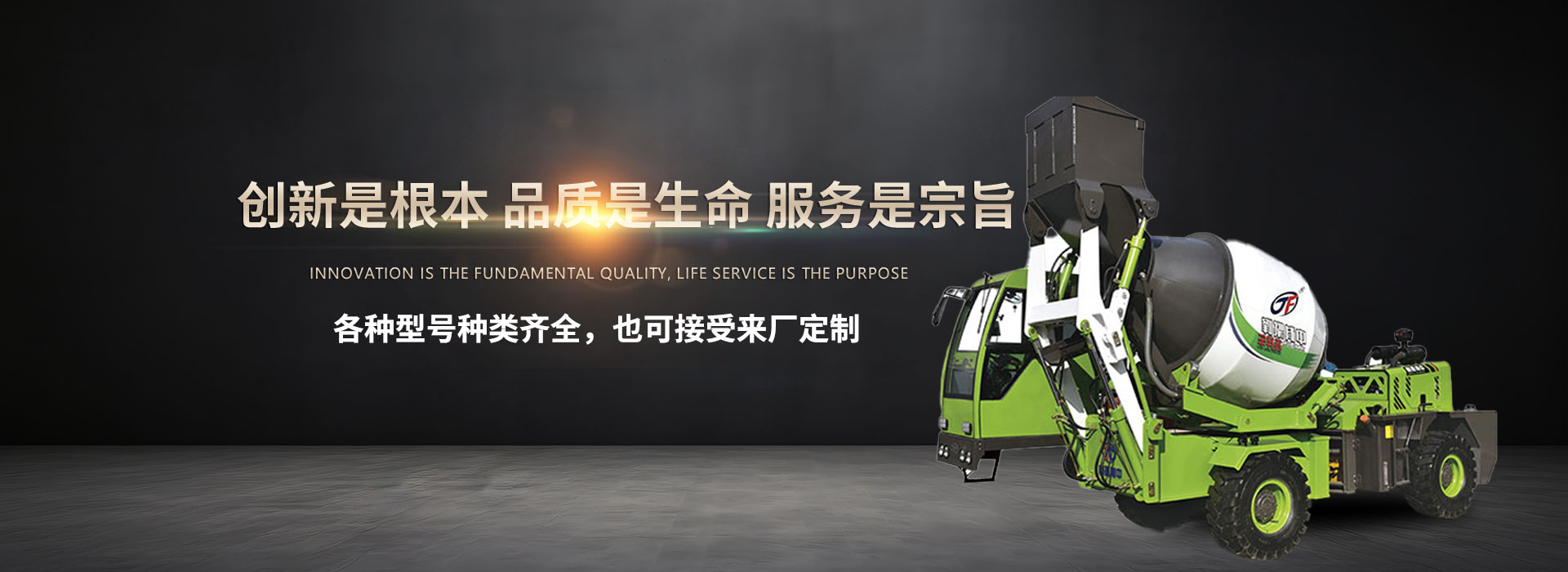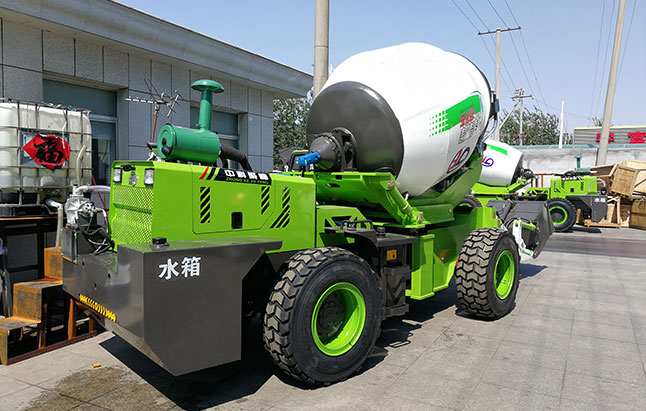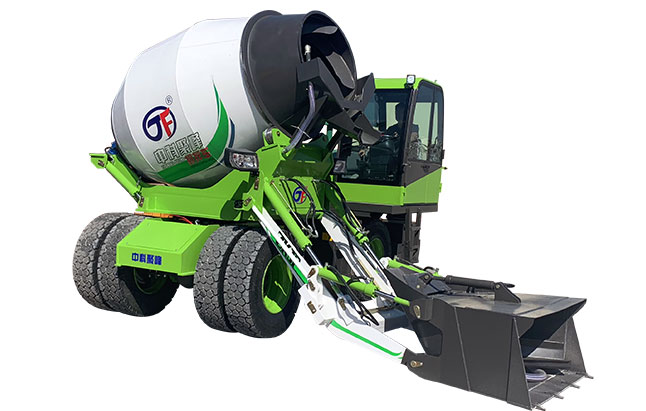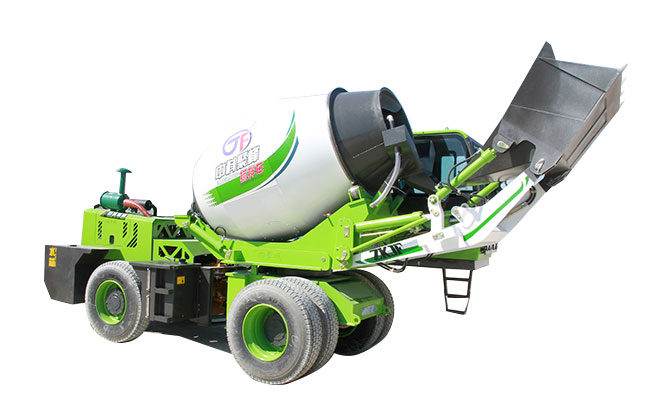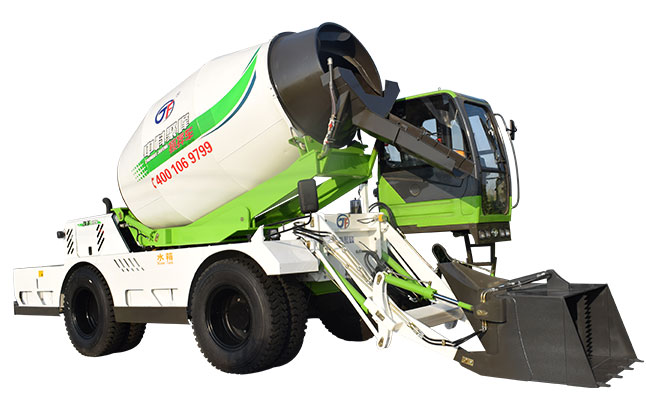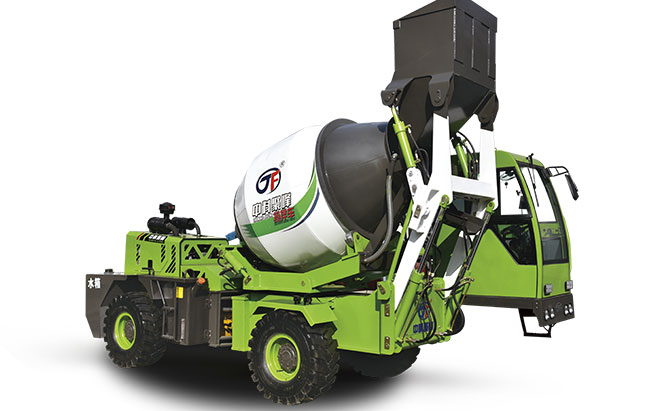攪拌車液壓件的“致病”因素分析
混凝土攪拌車液壓的“致病”因素:污染、過熱和進(jìn)入空氣。如果懂得一些常識(shí)原理,知道導(dǎo)致故障的3個(gè)有害因素,就能使攪拌車長(zhǎng)期處于良好的工作狀態(tài)。
"Pathogenic" factors of hydraulic pressure of concrete mixer: pollution, overheating and entering air. If you know some common sense principles and know the three harmful factors leading to the failure, you can make the mixer in good working condition for a long time.
一,攪拌車工作油液進(jìn)入雜質(zhì)而變質(zhì),進(jìn)入油液中的雜質(zhì)的來源有灰、砂、土等:
1、 The working oil of the mixer truck deteriorates due to impurities. The sources of impurities in the oil include ash, sand, soil, etc
液壓件外部不清理,不清理雜質(zhì)加油被帶入系統(tǒng),或通過損壞密封圈進(jìn)入系統(tǒng)
The outside of the hydraulic parts is not cleaned, impurities are not cleaned, and the refueling is brought into the system, or enters the system by damaging the sealing ring
內(nèi)部清理不干凈,在油箱或部件內(nèi)容易留下微量的雜質(zhì)
If the internal cleaning is not clean, it is easy to leave trace impurities in the oil tank or components
加油容器,用具要干凈
The refueling container and utensils shall be clean
油液存方不當(dāng),在加入前油就不干凈或已變質(zhì)
The oil is stored improperly, and the oil is not clean or deteriorated before adding
已經(jīng)變質(zhì)的油會(huì)損壞零件。被損壞的金屬離分子懸浮在油中。
Deteriorated oil can damage parts. The damaged metal molecules are suspended in the oil.
雜質(zhì)會(huì)造成零件的損壞與腐蝕,尤其是對(duì)于精加工的部件,它們會(huì)擦傷皮管的內(nèi)壁、油封圈和填料,而這些東西損壞后又會(huì)導(dǎo)致液壓系統(tǒng)無法正常工作。
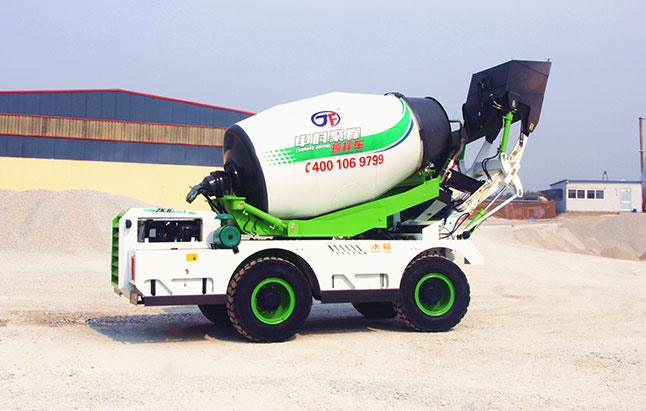

Impurities will cause damage and corrosion of parts, especially for finished parts, they will scratch the inner wall of leather pipe, oil seal ring and packing, and these things will cause the hydraulic system to fail to work normally after being damaged.
二,液壓系統(tǒng)過熱可能是以下一種或多種原因造成:
2、 Overheating of the hydraulic system may be caused by one or more of the following reasons:
當(dāng)油中進(jìn)入空氣或水分,液壓泵把油液轉(zhuǎn)變?yōu)閴毫r(shí),空氣和水分就會(huì)因熱量增加導(dǎo)致過熱
When air or moisture enters the oil and the hydraulic pump changes the oil into pressure, the air and moisture will overheat due to the increase of heat
液壓系統(tǒng)內(nèi)的油平面過高,油液強(qiáng)烈攪動(dòng),而引起過熱
The oil level in the hydraulic system is too high and the oil is stirred strongly, resulting in overheating
質(zhì)量較差的油可能變稀,使外來物質(zhì)漂浮或與水有親合力,這樣也會(huì)引起過熱
Poor quality oil may become thinner, causing foreign substances to float or have affinity with water, which will also cause overheating
工作時(shí)超負(fù)荷工作,也會(huì)產(chǎn)生熱量
Working overload will also produce heat
回油閥調(diào)整不當(dāng)或未及時(shí)更換已損壞零件,也會(huì)產(chǎn)生熱量。
Improper adjustment of the return valve or failure to replace damaged parts in time will also generate heat.
三,當(dāng)空氣進(jìn)入油液中會(huì)導(dǎo)致下列幾種情況:
3、 When air enters the oil, it will cause the following conditions:
當(dāng)加油時(shí)操作不當(dāng),導(dǎo)致有氣泡混入油內(nèi)而帶入油管中
Improper operation during refueling causes bubbles to mix into the oil and bring them into the oil pipe
接頭松動(dòng)或油封破損,工作時(shí)候空氣被吸入
The joint is loose or the oil seal is damaged, and the air is sucked in during operation
油管路被磨穿、擦破或腐蝕,因而空氣進(jìn)入。
The oil pipeline is worn, scratched or corroded, so air enters.
當(dāng)空氣進(jìn)入油中除引起過熱外,如果被壓縮的體積大約有20%是屬于被溶的空氣,則壓力下降時(shí)便會(huì)形成泡沫。
When air enters the oil, in addition to overheating, if the volume of the compressed volume is about 20% of the dissolved air, the foam will form when the pressure drops.
而工作液壓缸在減壓回油時(shí),帶泡沫的油液就會(huì)形成“海綿”的性質(zhì)。此外,油中含有許多泡沫會(huì)增加總體積,將造成油箱或儲(chǔ)油器的溢油現(xiàn)象。
When the working hydraulic cylinder is decompressed, the foam oil will form the sponge character. In addition, many bubbles in the oil will increase the total volume, causing oil spills or oil spills.
含有空氣的工作油,在傳遞動(dòng)力時(shí)會(huì)產(chǎn)生急跳的痙攣現(xiàn)象,含有空氣的工作油,還會(huì)造成液壓泵發(fā)生氣穴的危險(xiǎn),由此而產(chǎn)生更大的吸力,會(huì)把更多的空氣連同其他雜質(zhì)都吸入系統(tǒng)內(nèi)。因油中進(jìn)入空氣而產(chǎn)生過熱,空氣進(jìn)入的同時(shí)也會(huì)帶進(jìn)灰塵,這些情況會(huì)使油很快變質(zhì)
The working oil containing air will produce jerk spasm when transmitting power. The working oil containing air will also cause the risk of cavitation of the hydraulic pump, resulting in greater suction, which will suck more air and other impurities into the system. Overheating is caused by air entering the oil, and dust will be brought in at the same time. These conditions will quickly deteriorate the oil

